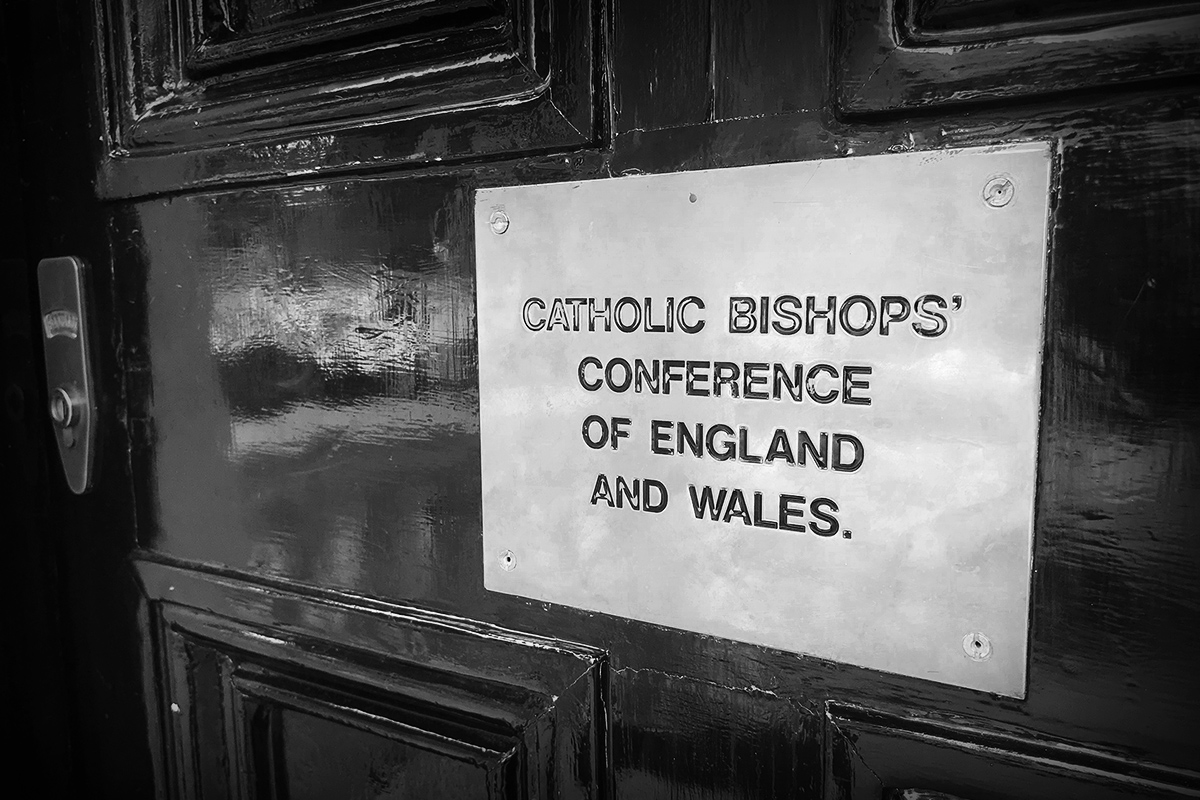
The Anscombe Bioethics Centre, a Catholic academic institute that engages with the moral questions arising in clinical practice and biomedical research, has produced a briefing paper and guidance on the ethics of Mitochondrial Replacement.
The Government commissioned a consultation (from September to December 2012) to ask people what they think about allowing two possible techniques for creating genetically modified embryos in the laboratory. Draft regulations will be published for further public consultation later this year. These proposals have been called “three parent IVF”; however, this term really only applies to one technique. The other technique they are considering is a form of cloning from one embryo, using a second, donor embryo to create a third, clone embryo. Only the third embryo would survive to be born.
With either technique, this would be the first time UK scientists were permitted deliberately to alter the genome that would be passed on to future generations. In many countries it is illegal to attempt to alter the “germline” in this way. The Government has essentially asked whether you wish to see genetically modified babies born in the UK.
Currently scientists are asking about only one kind of disease, mitochondrial disease, which is passed by women to their children via genes outside the nucleus of the egg. However, if alteration of the germline is allowed for mitochondrial disease then it will certainly be requested for other diseases. Now is the moment when we decide about the principle: Do we want genetically modified children?
Download Anscombe’s briefing paper on Mitochondrial Replacement by using the link in the top right-hand corner of this page.
Anscombe Centre Response to Nuffield Council Report on Mitochondrial Donation
bioethics.org.uk
Official website of the Anscombe Bioethics Centre